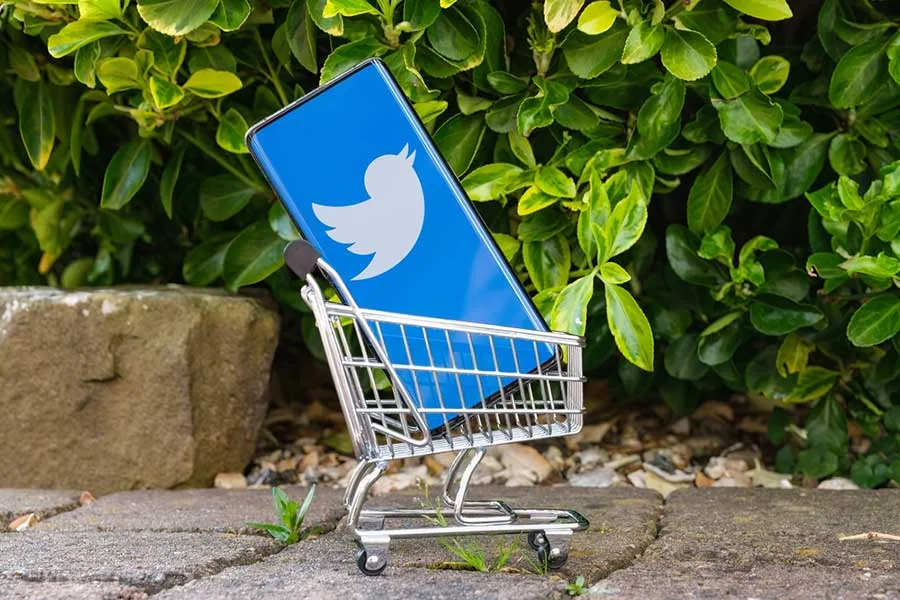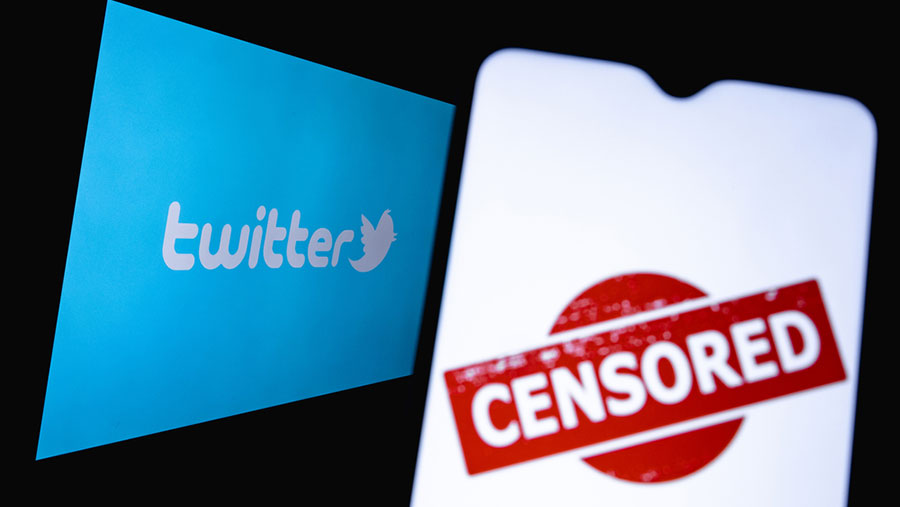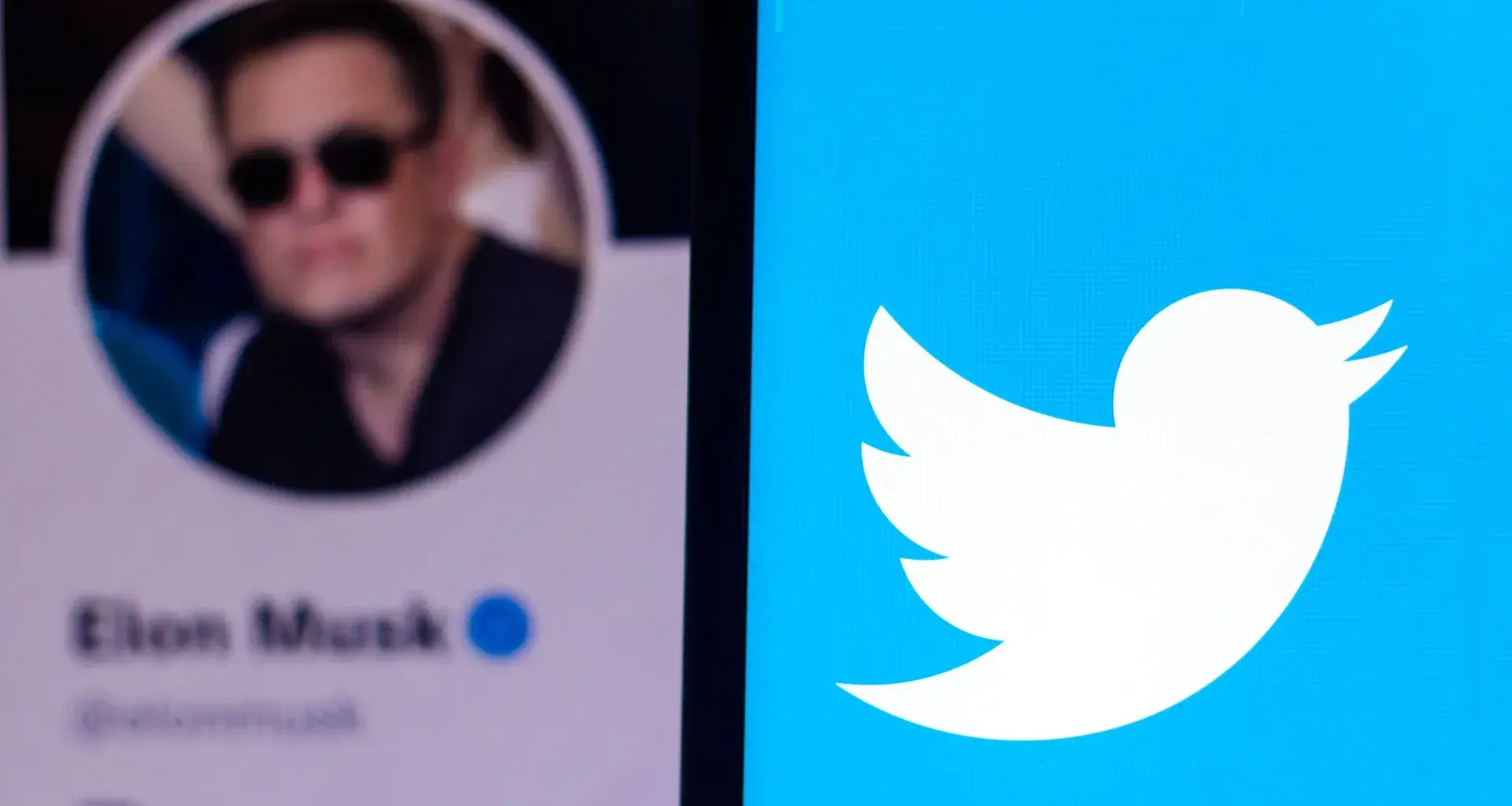Billionaire entrepreneur and inventor Elon Musk is to buy the Twitter social network for the sum of 44 billion dollars.
The digital platform announced the sale in a press release last Monday, a few days after Musk himself posted his intention to purchase it.
Musk stated that one of his goals is to promote freedom of expression on Twitter (and added that he would go to war on the bots that pass for humans).
His announcements on freedom of expression have been controversial; some see this as something to be desired due to the censorious power of these platforms while others fear it might make the filters for alleged hate speech more ineffective.
CONECTA chatted with Dr. Gabriela Elisa Sued, a Mexican Level 1 researcher who specializes in digital culture and teaches on the Digital Humanities Master’s program at the Tec, to gain a more insightful appreciation of how these platforms work.

Companies that now decide who speaks and who doesn’t
Dr. Sued starts off by contextualizing platforms like Twitter as having become all-powerful due to their ability to control discourse and messages.
“What is obvious from this sale, in addition to the elimination of Trump’s and others’ accounts (...) and the ban on accounts supporting Putin and the like, is that these companies have turned into content moderators and not just hosts of user content.
“Being able to decide who can speak on their platform and who cannot, in addition to deciding the nature and the amount of content shown, gives them significant scope of action. That’s a lot of power in the current media landscape. It may well be worth the 44 billion Musk paid.”
In this regard, Sued explains that “there are always interests on the agenda. These platforms are neither neutral nor public forums; nor are they simple intermediaries of user-produced content.”
“These companies have turned into content moderators and not just hosts of user content.”
Commercial and political interests on Twitter
Sued, who also holds a doctorate in Humanistic Studies from the Tec and is currently engaged in postdoctoral studies at the UNAM’s Social Research Institute, adds that one must not be naive and fight shy of assuming that platforms like Twitter have commercial interests at heart.
Attractive though it may be to think of Twitter as a new public domain collaboratively built on the speech of all its users, it is nonetheless true that Twitter, as is the case of all platforms, is a company driven by commercial interests.
“In the case of Twitter,” she adds, “these interests do not seem to have been handled very well, given that the company lost around 200 million dollars last year and around 1.1 billion in 2020.”
“The 44 billion paid by Musk is too high a figure to ignore the possibility of interests lurking behind the purchase; interests that, given the political use the platform has been put to, could pull together in this new stage. How will that play out? We don’t know yet, of course. We’ll have to wait and see.
“Attractive though it may be to think of Twitter as a new public domain built by its users, (...) it is a company driven by commercial interests.”

Could Elon Musk really eliminate bots?
According to Sued, bots are a phenomenon that cannot be separated from the history of artificial intelligence or the creation of autonomous software.
Sued, who is also a full professor at the Tec’s School of Humanities on its Querétaro campus, believes they will be difficult to eliminate.
“I don’t think it would be possible to turn back the clock and imagine a future without bots in the media ecosystem.” They are an inherent part of the current state of digital media.
“An effort could be made to tag them, but replication technology is so fast that for each one tagged, thousands would be replicated without a tag. The same happens with fake news, much of which is conveyed by bots.”
However, she qualifies the messages sent by these kinds of mechanisms:
“From my point of view, bots, trolls, and fake news are some of the strategies used to manipulate messages and meanings in networks but the degree to which they succeed is relative. They end up building an ecosystem that is marginal and peripheral to public discourse.”
“Bots, trolls, and fake news are some of the strategies used to manipulate (...) but the degree to which they succeed is relative.”
Will there be more freedom of expression on Twitter under Elon Musk?
Sued is skeptical on the topic of more freedom now that Elon Musk is the owner of Twitter, having this to say:
“I would play down the idea that Musk wants to buy Twitter to purge it of bots and guarantee freedom of expression.
“Firstly, because it is impossible to achieve. Secondly, because freedom of expression will always be distorted and aligned with the commercial interests of the platforms.”
She concludes by imploring users and the media to be critically aware of content that has been liked and shared.
“Users (and to a greater extent the communications media) who share what is posted on Twitter must be aware that Twitter content is shaped by the platform’s interests and put it into context or perspective, which does not always happen.”
“Freedom of expression will always be distorted and aligned with the commercial interests of platforms.”
YOU’LL SURELY WANT TO READ THIS TOO:





